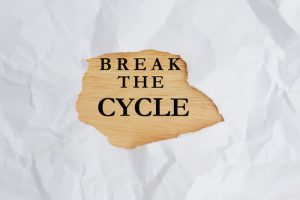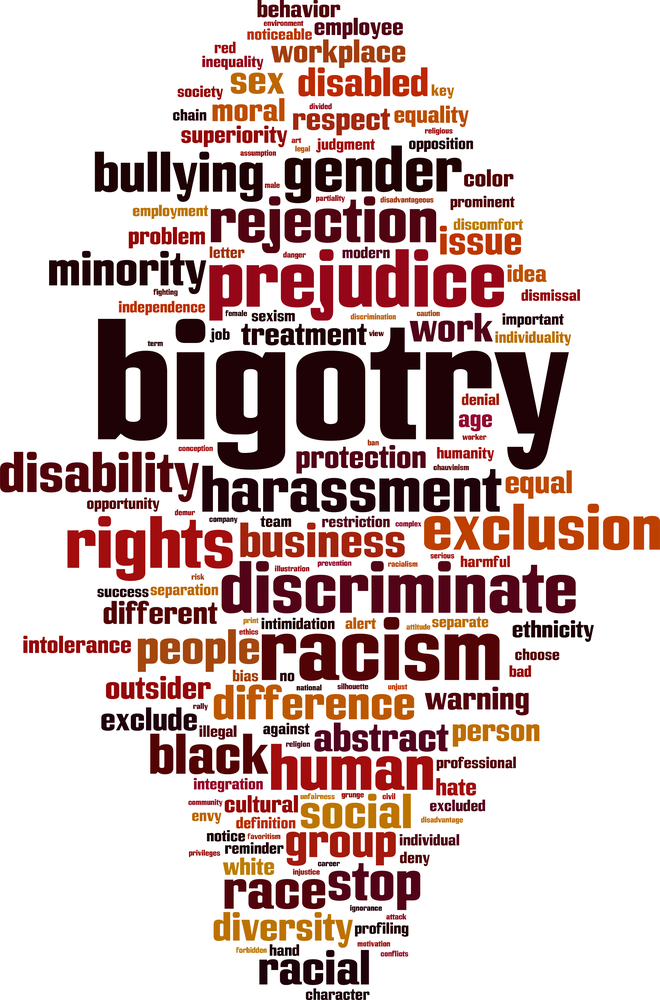I first met Seyi Okuribido-Malcolm in January 2019 at the inaugural Federal Black Employee Caucus symposium in Ottawa. She has a warm and professional presence that is not easy to forget. Since that time, our paths have crossed frequently. I’ve seen her speak at several events and I have become a fan.
Most recently, she spoke at Anti-Racism Event Series: Systemic Racism and the Public Service – Moving the Dial Forward. Her remarks resonated with many of the 7000+ registered attendees. I invited her to share a summary of her remarks with my readers.
Change happens when the existing way of doing things no longer works or makes sense.
From the way that COVID-19 and racially charged violence are disproportionally affecting Indigenous Peoples, and racialized communities including Black, Asian and Muslims — it is apparent that the current system is creating harm, moral injury and not serving our society or our federal public service.
The highest levels of our government and public service see this. There is clear recognition that systemic racism is real. It was made clear in the Prime Minister’s supplementary mandate letters to Ministers (January 15, 2021), and it was reinforced in the Clerk of the Privy Council’s Call to Action to Deputy Ministers (January 22, 2021).
We are at a critical, pivotal point at which we can either decide to face visible inequities through the usual emotional responses of shock and horror and short-term performative allyship, eventually waning into fatigue, inaction and apathy; or we can decide to break the cycle. We have the choice now to do the hard work and heavy lifting required to build a new system that is safer, equitable, inclusive and allows everyone’s dignity to remain intact.
How this moment will end will depend on the choices we make as individuals and as a public service.
What does the Federal public service need to change to be more effective in eliminating systemic racism?
On a broad level, public service leadership needs to support the Clerk’s Call to Action on addressing racism within departments and agencies. The public service needs to be bold in tackling the problem of racism at three levels — individual, institutional and at the level of organizational culture.
Changing at the Individual Level
- Acknowledge the system is inequitable: Recognize that we as individuals operate in a system that centres, prioritizes, and privileges the needs, desires and motives of the dominant group. This leads to inequities and an imbalance of power affecting Indigenous, racialized, and other marginalized equity-seeking communities.
- Develop an anti-racist mindset: Develop a commitment to fight racism wherever we find it, including in ourselves. We all have implicit and explicit biases that shape how we see and respond to others. These biases can creep into our policy, analyses, and decision-making, contributing to the inequities embedded within the system.
Changing at the Institutional Level
- Establish Anti-Racism Secretariats: Equip Government’s anti-Racism Secretariats with a clear mandate to affect change could help identify and dismantle systemic barriers.
- Use available tools and flexibilities: Use all available tools and flexibility to support the government’s stated priority to increase representation across the federal public service. Focused inventories, unadvertised appointments, or targeted hiring processes are some examples.
- Elevate and integrate marginalized voices: Include equity-seeking employee groups at the policy and decision-making tables. These are the voices that are driving the change required.
- Review policies from an anti-racism perspective: Pay particular attention to the points in policy where there is room for discretion and flexibilities. This is where implicit bias creeps in and diminishes outcomes for Indigenous, Black and racialized people.
- Create psychological safety in the workplace: Create an environment in which employees feel empowered and safe to speak up when they experience or witness barriers to equity and inclusion.
Changing at an Organizational Culture Level
- Create a culture of belonging: Ensure the organization genuinely values and respects the dignity of all people. This should be apparent through action and not just stated through value statements.
- Cultivate and recognize character-based leadership traits and intercultural competencies: In recruitment, assessment, and selection processes focus on core metrics such as character-based or servant leadership traits and intercultural competencies.
- Adopt a culture of co-creation and design: Consultation with equity-seeking networks and advisory groups so often happens as an afterthought, at the end of policy development. Design inclusive and integrated teams upfront.
There are clear and concrete steps the federal public service can take to move the dial forward.
Allyship is learning how to effectively deal with the issues at hand, but equally as important, it is about unlearning harmful norms.
Indigenous and racialized public servants need allies to support the dismantling of systemic racism; allies that will remain true to the effort, especially at the moment when resistance starts to emerge. It requires speaking up. Pushing back against the status quo is the only way forward.
Simon Sinek, a modern-day thought-leader said it best:
“Leadership is not about being in charge; it’s about taking care of those you are in charge of.”
As individuals and as an institution, let’s create an organizational culture that reflects, dignity, equity and belonging for all.
When she’s not writing guest blogs and public speaking, Seyi Okuribido-Malcolm is the Director of Anti-Racism Implementation at National Defence, with a Master’s in Public Administration and a Bachelor of Arts (Honours). She’s passionate about growing a diverse and inclusive public service, stakeholder and partner engagement, human resource management, learning and development programs, people engagement; negotiation and conflict resolution; and managing initiatives.
If you’re looking for resources to help you with leadership, diversity and inclusion, or improving the climate in your workplace please check out more than 200 blog articles that you can listen to or read, all searchable by category or keyword.
If you’re contemplating any work-related changes or improvements, I invite you to reach out today for a free and confidential initial phone consultation by phone, email, or via direct message on Twitter, Facebook or LinkedIn.
More than career coaching, it’s career psychology®.
I/O Advisory Services – Building Resilient Careers and Organizations.™








